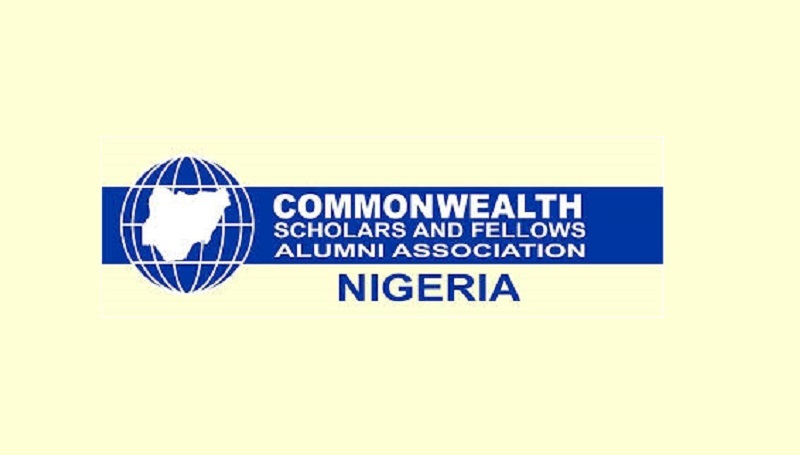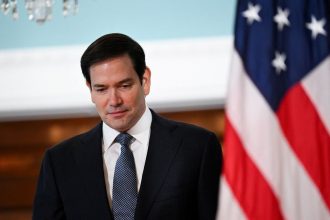The Commonwealth Scholars and Fellows Alumni Association of Nigeria has raised the alarm over Nigeria’s deteriorating education system and broader governance challenges, calling for urgent reforms to safeguard the country’s future.
COSFAN is a body of Nigerians who have benefited from Commonwealth scholarships, fellowships, and training programmes abroad.
Members of the association are drawn from academia, public service, the private sector, and civil society, making it an influential platform for thought leadership.
Speaking in an interview with our correspondent on Monday, COSFAN President, Dr. Ekundayo Samuel, described education as the cornerstone of societal progress and warned that the sector’s steady decline posed grave risks to national development.
“The political elite’s tendency to undermine educational institutions by appointing individuals who align with their interests rather than prioritising integrity is alarming,” Samuel said.
He lamented the waning motivation among educators, many of whom now fund their own research and teaching activities due to inadequate support.
Samuel further expressed concern about the broader state of the nation, citing corruption, crumbling infrastructure, and a brain drain that continues to sap Nigeria of its best talents.
The COSFAN president criticised the political culture that rewards inefficiency and corruption, noting the irony of conferring titles such as Distinguished and Excellency on leaders who perpetuate systemic failures. He highlighted the widening disconnect between political leaders and the realities faced by ordinary citizens, stressing that Nigeria urgently requires transformative change.
On infrastructure, Samuel described it as “absurd” that the country still celebrates intermittent electricity supply as a sign of progress, questioning how industrialisation can be achieved without stable power and long-term planning.
As Nigeria approaches another electoral cycle, he urged unity and collective action among citizens, warning that the country’s “window to address these issues is closing.”
“While the current government may have introduced commendable policies, their success lies in implementation — and that requires genuine collaboration across all levels,” he added.
PUNCH Online reports that Nigeria’s education system has long faced systemic challenges, including inadequate funding, decaying infrastructure, frequent industrial disputes, and poor policy implementation.
According to UNESCO, Nigeria has one of the world’s highest numbers of out-of-school children, while universities and research institutions struggle with underfunding.
In recent years, the exodus of Nigerian academics, researchers, and skilled professionals to more developed economies has worsened, raising fears of a growing knowledge and skills gap.
Without urgent reforms in governance and education, Nigeria risks deepening poverty, slower economic growth, and an uncertain future for its youth population.
By voicing these concerns, COSFAN joins a growing number of professional and civic groups pressing the government to move beyond policy declarations and adopt practical, integrity-driven reforms that can reposition education as a driver of national development.









